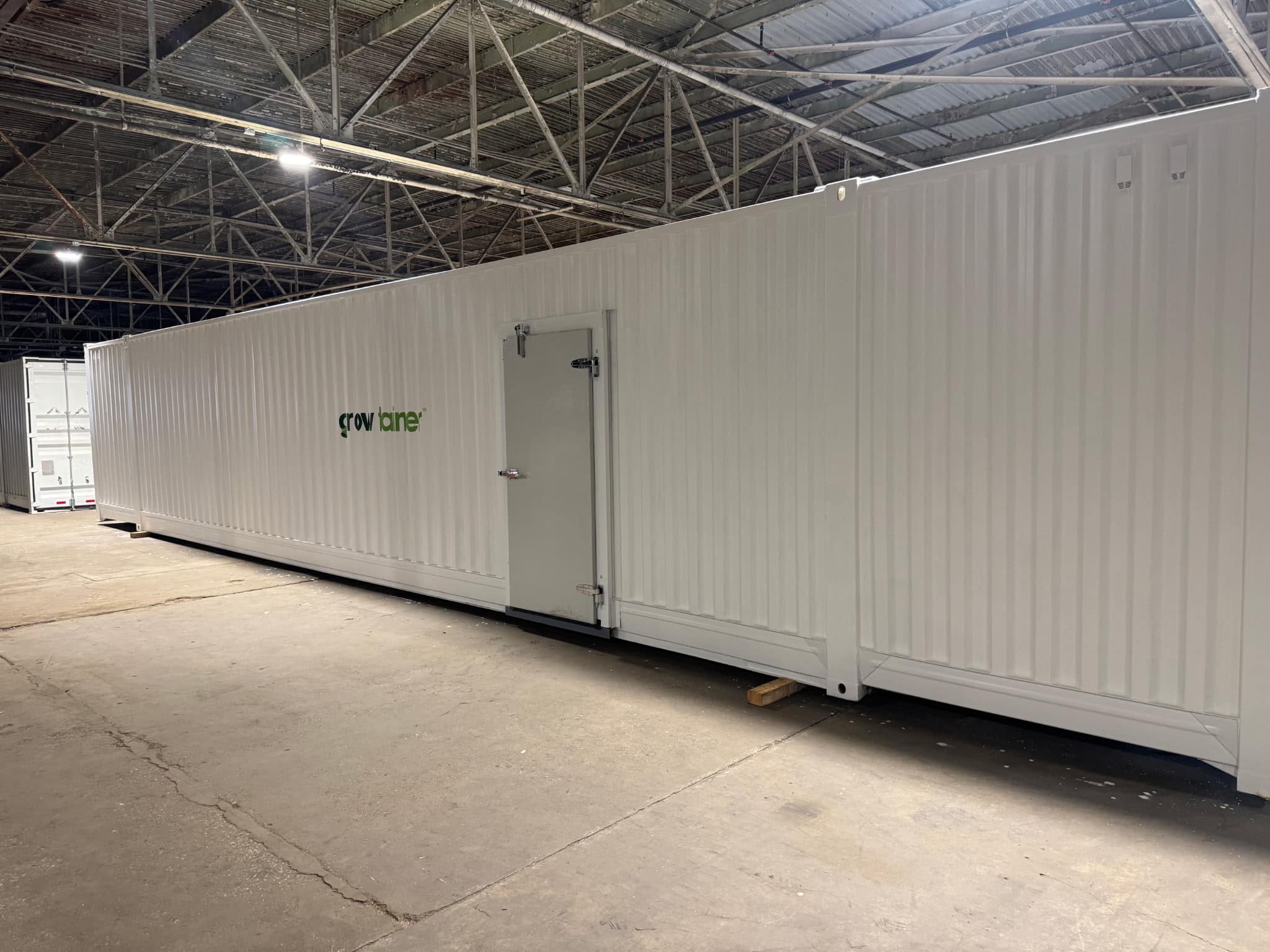Key Takeaways
- First CEA Advisors Growtainer® tissue culture lab delivered to Nash Nurseries in Owosso, Michigan
- Project developed in collaboration with Hydrofarm and CM-Fabrication
- Modular lab units housed in insulated shipping containers for micropropagation
- Designed for scalable, sterile plant propagation in controlled environments
- Applications include horticulture, agriculture, research, and botanical production
First Growtainer® Lab Installed for Tissue Culture at Michigan Nursery
CEA Advisors, in collaboration with Hydrofarm and Sycamore, Illinois-based CM-Fabrication, has announced the delivery of its first Tissue Culture Micropropagation Growtainer® Lab to Nash Nurseries in Owosso, Michigan. The nursery, which has been in operation for over 160 years, specializes in chestnuts, pawpaws, trees, shrubs, and ornamentals.
The Growtainer® Lab is designed to support plant tissue culture and micropropagation through a controlled, modular system housed within insulated shipping containers.
Features Designed for Controlled, Scalable Plant Propagation
Available in 40-foot and 53-foot configurations, each Growtainer® is equipped with multi-level rack systems, climate control, and LED lighting. The container-based design allows for plant propagation under sterile and controlled conditions, which are essential for tissue culture and other forms of precision cloning.
According to CEA Advisors, the system is designed to optimize space efficiency and reduce the risk of disease transmission while enabling high-density production. Key features include:
- Precision cloning of plant material with consistent traits
- Environmental control over temperature, humidity, and light
- Configurable space to accommodate a range of crops and propagation techniques
- Capacity to produce thousands of plants per month
- Sterile interior for reduced contamination risks
- Support for seedless propagation methods
CEA Advisors' Modular System Targeting Various Crop Sectors
The Growtainer® system is positioned for use in several sectors, including:
- Horticulture: ornamental and flowering plants
- Agriculture: vegetables, nuts, and herbs
- Pharmaceuticals and nutraceuticals: botanical compounds
- Research and education: replicable environments for experimental conditions
Each unit is customized based on the grower’s specific crop and space requirements. The systems are intended to provide flexibility in both rural and urban settings.
Focus on Technical Design and Practical Business Planning
Glenn Behrman, founder of CEA Advisors, emphasized the importance of combining technical design with commercial feasibility in indoor agriculture. “The goal is to enable growers to propagate plants in a scalable and economically viable way,” Behrman stated. “We’ve taken feedback from years of working in the CEA space and incorporated it into a solution that is modular, customizable, and cost-effective.”
Behrman and the CEA Advisors team have previously developed other containerized farm systems and have been involved in controlled environment agriculture (CEA) for decades. Their focus includes integrating economic planning with technological deployment in vertical farming and tissue culture.



